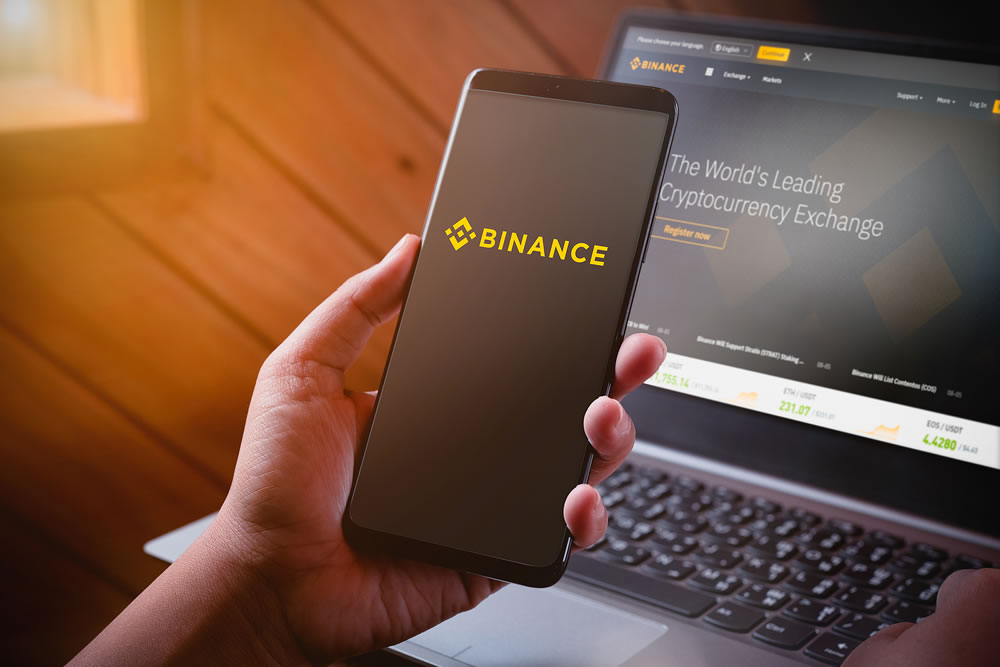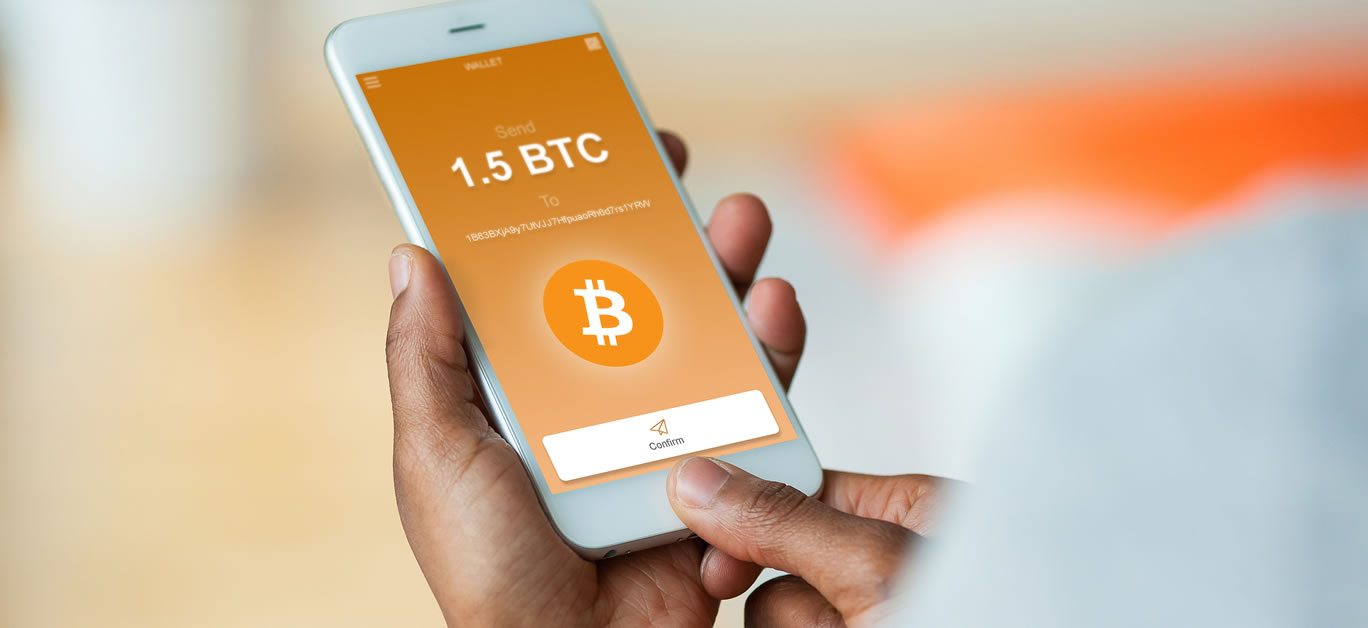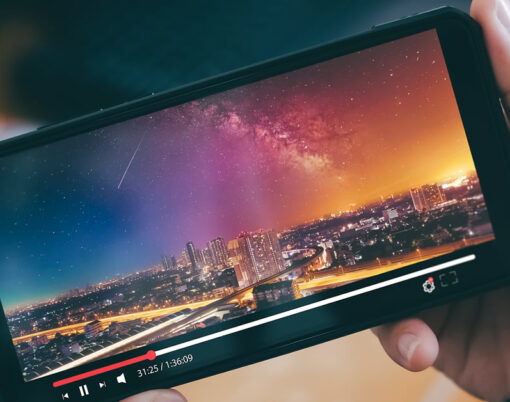Cryptocurrency, the catch-all term for the plethora of digital currencies on the market today, is growing ever-more mainstream. Having served, initially, as a fringe experiment for technology enthusiasts in the early 2010s, Bitcoin et al are now considered a bona fide investment commodity.
Stories in the media of tech-savvy investors becoming almost overnight millionaires during the Bitcoin boom of 2017 have thrust cryptocurrencies into the limelight, and the cultural shift seems to be permanent. The more people read of crypto, and the blockchain technology that powers it (more on that later), the more they are convinced that digital currencies are here to stay.
Blockchain is an incorruptible digital ledger which records economic data, including transactions and value assets. It is the driving force of cryptocurrency – and what sets it apart from traditional, fiat currency. Using this technology, a number of crypto smart trading platforms and apps, like Bitsignal, have emerged.
The impressive capabilities of blockchain technology, particularly for those who are investing in crypto assets, have led manufacturers to explore the possibilities of bringing blockchain to devices. While, in 2018, no blockchain smartphones yet existed, there are now several on the market.

But what can they do that the iPhone in your pocket cannot? Well, that depends on the device.
In essence, blockchain smartphones provide an additional layer of security for cryptocurrency holders through an in-built ‘hardware wallet.’ This wallet works, essentially, as an offline digital safe, which protects and encrypts valuable private information – including cryptocurrency keys.
While this may seem insignificant to the casual cryptocurrency user, data privacy is an ever-more important issue in modern society, and blockchain technology is our best answer, at this stage. Hardware wallets provide an extremely secure hold for each individual’s data – and they can also hold passwords and other personal information, which is much less susceptible to data breaches and hacking.
In addition, blockchain smartphones often come with decentralised applications (DApps), essential for cryptocurrency users, built into the device – once again enhancing security and usability for digital investors.

So, now you know the appeal of a blockchain smartphone – where can you get one?
Samsung Galaxy S20
Not specifically a blockchain smartphone, the March release of the Samsung Galaxy S20 pointed toward a further shift towards embracing ledger technology for the South Korean tech behemoth.
The previous generation S10 range dipped its toe into the crypto waters for the first time, with Bitcoin, blockchain and crypto support in the form of a cryptocurrency wallet. The company appears to be going a step further with the current-generation smartphone, saying proudly of the S20 launch: “We created a secure processor dedicated to protecting your PIN, password, pattern, and Blockchain Private Key. Combined with the Knox platform, security is infused into every part of your phone, from hardware to software. So private data stays private.”
HTC Exodus
Taiwanese manufacturer HTC caused a stir when it launched its blockchain-focused Exodus phone in 2019 – making it exclusively available to purchase through cryptocurrency.
While priced on launch competitively with other premium smartphones of its generation, the Exodus’ price being inextricably linked with cryptocurrency was, of course, a risk. If the crypto market plummeted, so too did the value of its own.
The good news is that the market has remained relatively stable, and the phone stands up to its peers. The ‘Zion’ private information vault provides security for crypto investors, while the rest of the features of the device are industry standard.
Since launching the Exodus, HTC signed a partnership with crypto exchange platform Binance to provide even easier usability for crypto traders.
Sirin Labs Finney
Another Blockchain-centric device, Sirin Labs’ Finney smartphone offers some of the best crypto functionality on the market.
Like the Exodus, the Finney boasts an ultra-secure blockchain vault for sensitive data, as well as a built-in token conversion service which allows for exchanges of different types of crypto coin.
The cyber security firm also provides a rewards system for users who show an interest in varying blockchain projects – rewarding their time spent researching with tokens in kind. They call it ‘Learn and Earn.’
Pundi XPhone
Blockchain start-up Pundi launched its XPhone in 2019, with its sales pitch centred around the ability for users to switch between Android and blockchain modes at the press of a button.
While appearing, on the surface, to bear the capabilities of your run-of-the-mill Android device, a flick of a switch changes the device to blockchain mode – providing users a suite of (DApps) and security features.
Electroneum M1
In the spirit of blockchain, the Electroneum M1 is an experiment, of sorts. Clocking in at a scarcely-believable price of just $80 US (that’s to purchase the device outright, not the monthly contract fee), the device is a budget option aimed at people in emerging economies.
While, as a smartphone, the user experience is limited, the motivation of the device is commendable. Utilised as a mining device for the coin the phone is named after, Electroneum M1 connects to the blockchain and pays users back for mining their currency – at a value of around $3 per month.
While far from a staggering investment, that additional currency can prove significant in the nations where Electroneum hopes to make an impact.






















